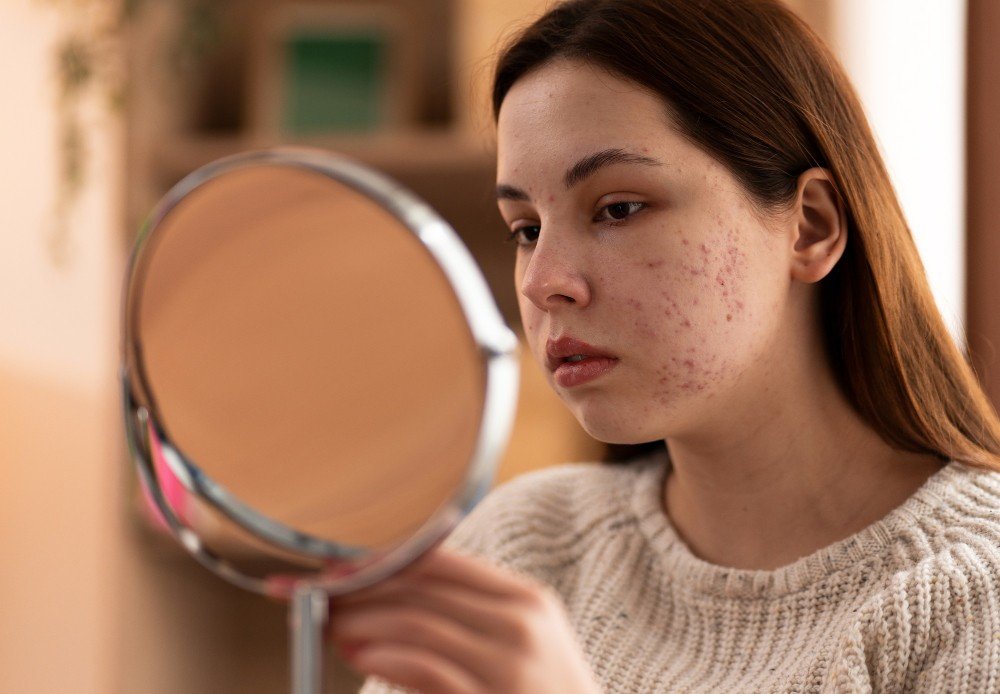What Does a Sleep Apnea Machine Do?
When the muscles in your throat clog all or a portion of your upper airway while you’re sleeping, it’s called obstructive sleep apnea. Specialists recommend using the continuous airway positive pressure (CPAP) device or the sleep apnea machine as a form of sleep apnea therapy. A CPAP machine helps treat sleep apnea giving you the best sleep you need to function properly.
Here is an outline of how CPAP treats obstructive night,s sleep apnea:
How Does a CPAP Machine Work?
A CPAP appliance contains a compressor that creates a stream of air that passes through an air filter and into a flexible tube. The tube delivers clean air into a mask tightly attached to your mouth and nose.
While sleeping, the air stream keeps your airway open and prevents it from collapsing. This helps you breathe enough to prevent waking up frequently while gasping for air. The APAP machine helps treat sleep apnea, giving you the best sleep you need to function properly. You can use it as an alternative to the CPAP machine.
Features of a Good Sleep Apnea Machine
A good CPAP has a motor, mask, and tube worn by the patient while sleeping. It has a cushioned mask frame attached to a headgear. You can choose from different types of masks; a mask that fits you perfectly may provide more comfort. The different kinds of masks include:
- Nasal pillows: They are attached to the nostril entrance and gently send pressurized air when sealed properly. They are ideal for patients who are sensitive to high pressure.
- Nasal CPAP masks: These wrap from the nose bridge down to a patient’s upper lip. This works well for patients who move a lot while sleeping.
- Full-face CPAP masks: These masks cover the patient’s entire face. They may be beneficial for patients who require highly pressurized air.
You can utilize chin straps if you have problems tolerating nasal masks due to mouth breathing or jaw opening. It helps keep the mask intact around the mouth and nose, preventing it from coming off.
Mask liners can be useful for patients who encounter skin sensitivity. This may be prompted by excess pressure from the face mask.
Why Use a CPAP Device for Sleep Apnea Therapy
Here are some benefits you may get when you use a CPAP device to treat sleep apnea disorder:
It Helps Keep Your Airway Open
The main purpose of a CPAP device is to keep your airway open and prevent it from collapsing. It accomplishes this by slightly sliding your lower jaw forward. It creates space at the back of the throat for the tongue and any extra soft tissue in the upper throat. Now you can peacefully sleep without snoring or frequently waking up and gasping for air.
It Stores Patient’s Data
Most sleep apnea devices have an SD card that collects and stores user data. The machine can collect data on the following:
- The number of hours you use the device
- The number of interruptions in your sleep
- Amount of air that leaked from the device
The information can be downloaded into a program and be helpful to doctors during the patient’s sleep apnea therapy session.
It Reduces the Risk of Contracting Chronic Illnesses
Using a CPAP device reduces your risk of developing chronic diseases associated with sleep apnea. Such illnesses include a stroke, high blood pressure, memory problems, and heart diseases. Undergoing this particular sleep apnea therapy also helps do away with unpleasant symptoms like snoring, headaches, and daytime sleepiness.
Kickstart Your Sleep Apnea Therapy Today
A CPAP machine is a safe and noninvasive sleep apnea therapy that may help improve your sleep apnea disorder. It can help you have a peaceful sleep by opening your airways. If you or your loved one happen to have this particular sleep disorder, the device can be the perfect fix.
Share this content:














Post Comment